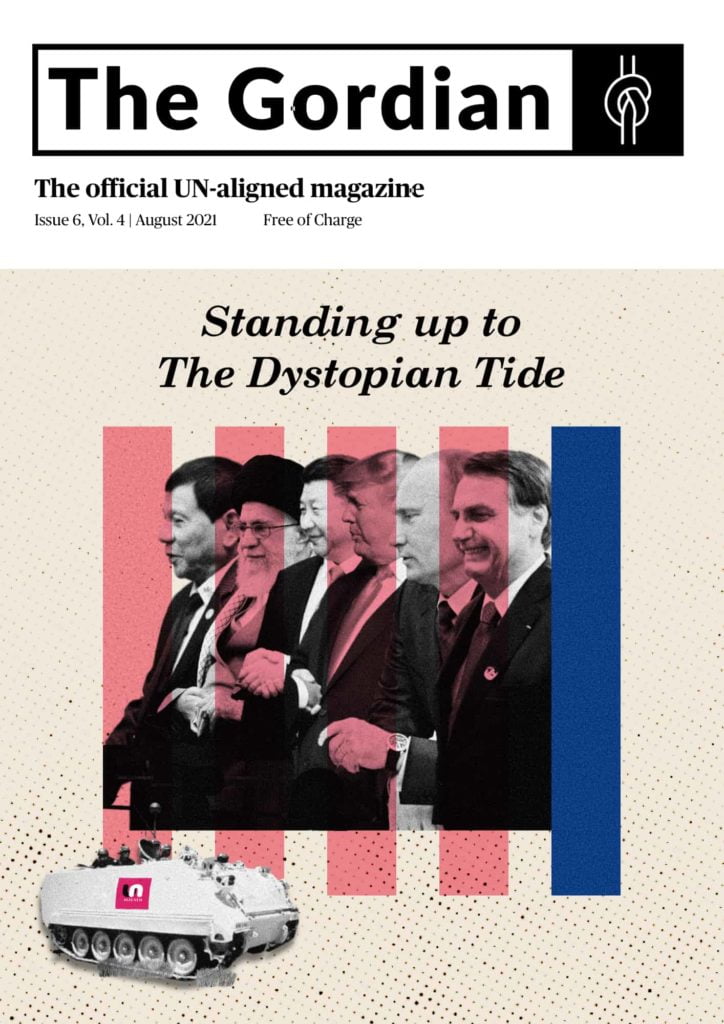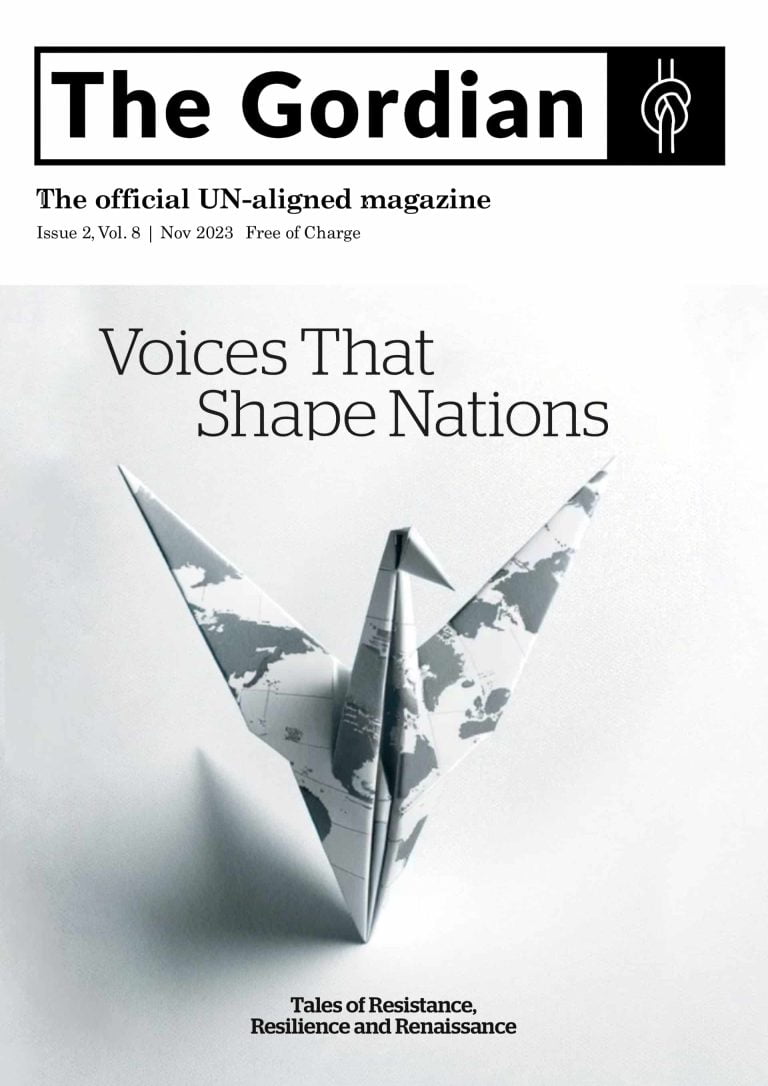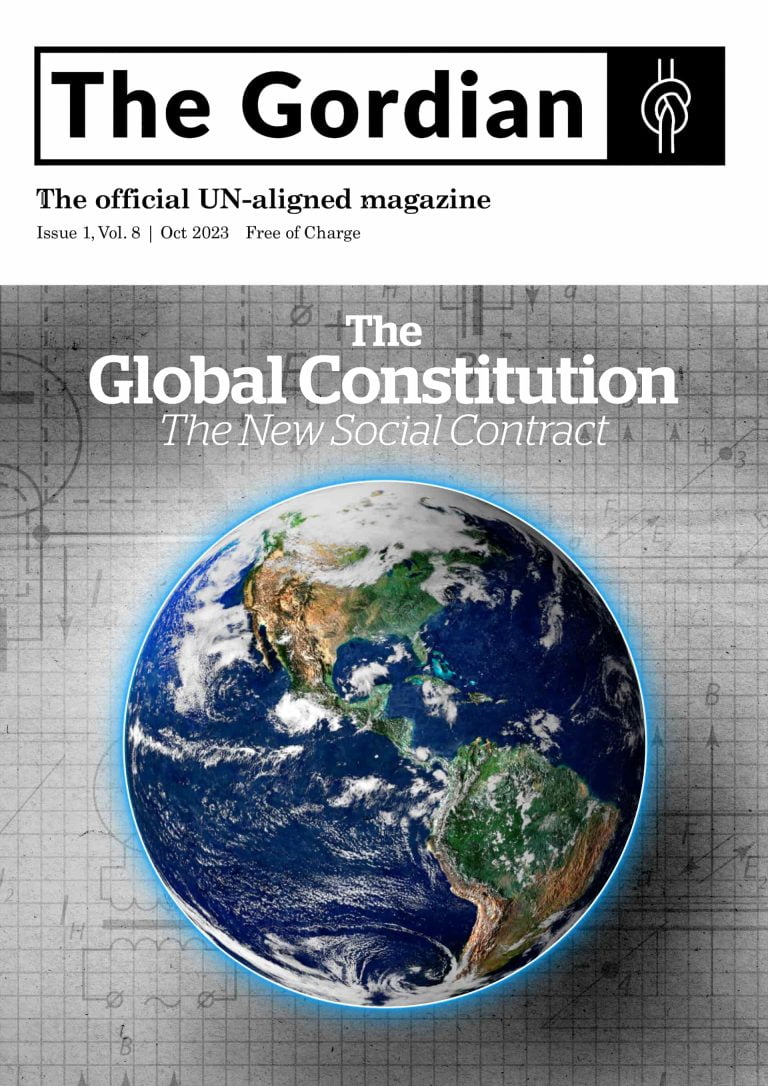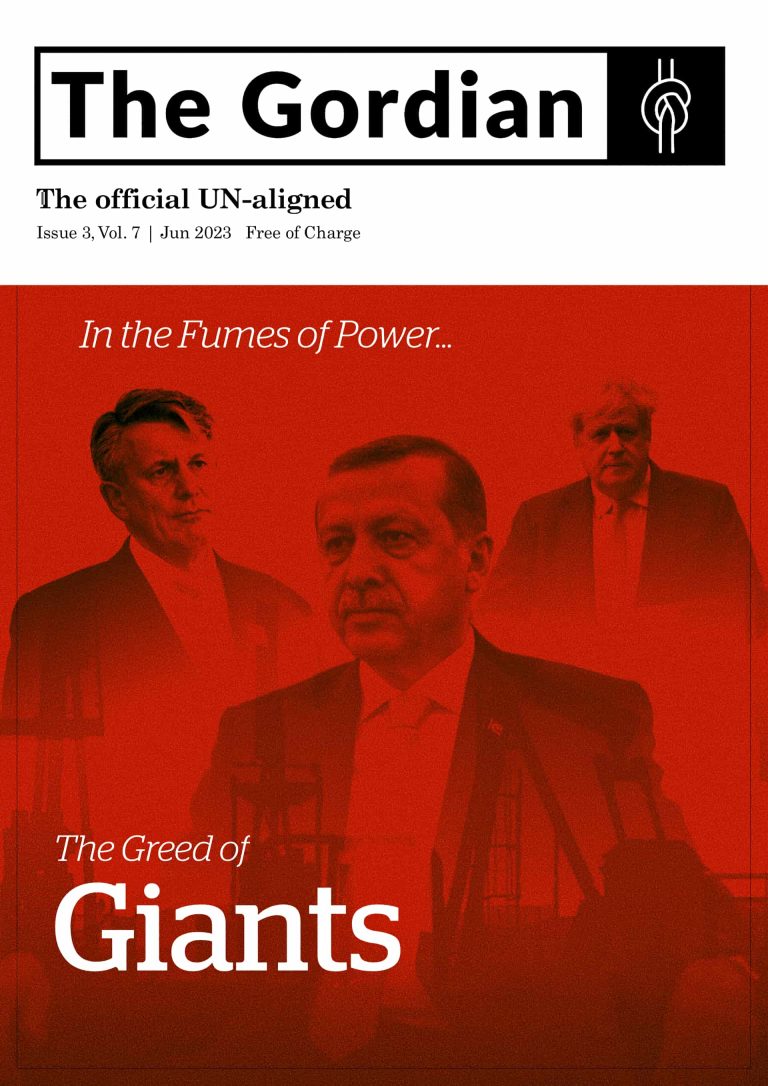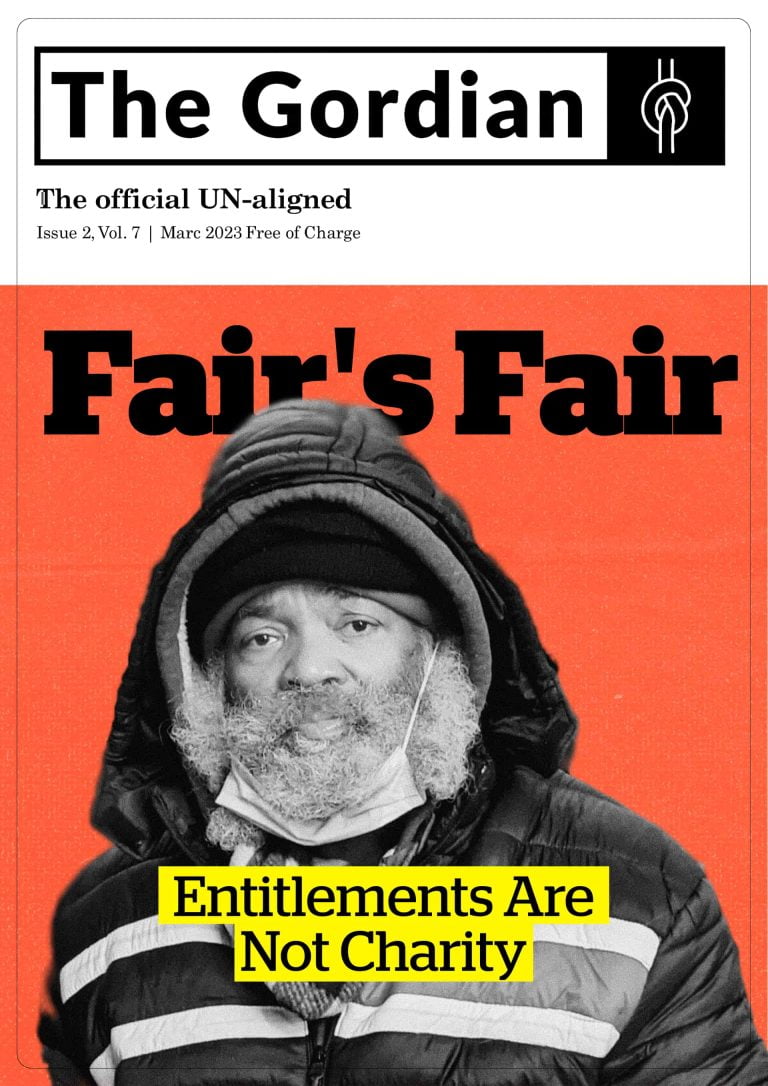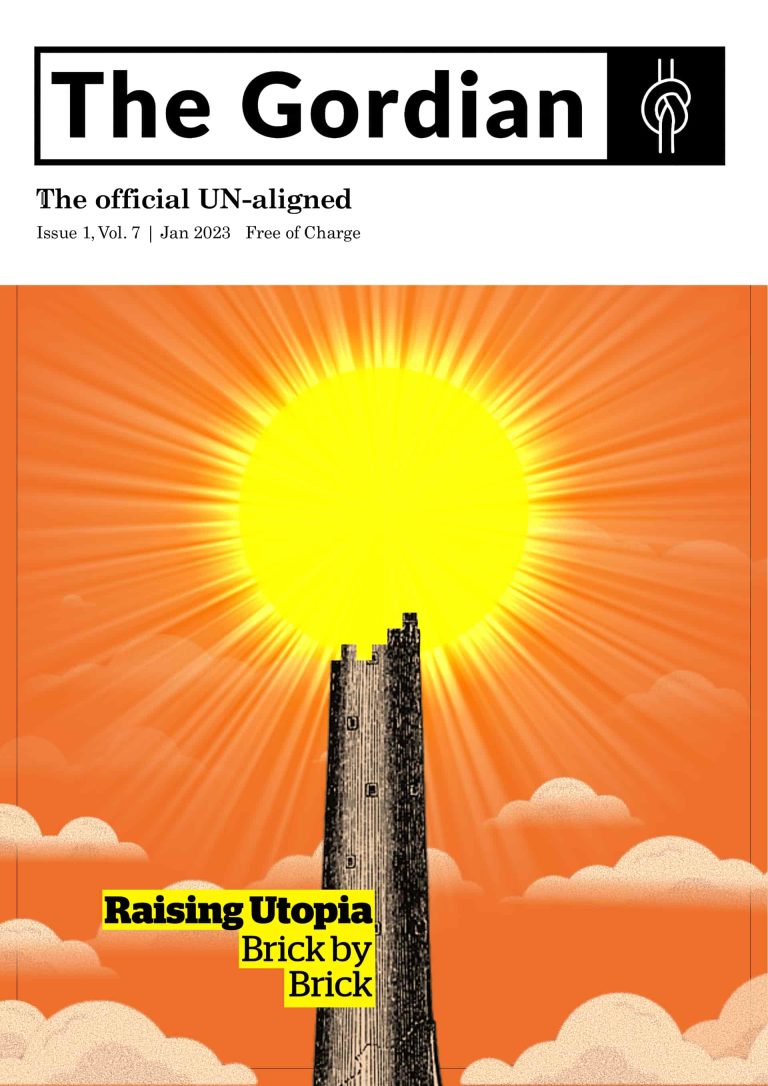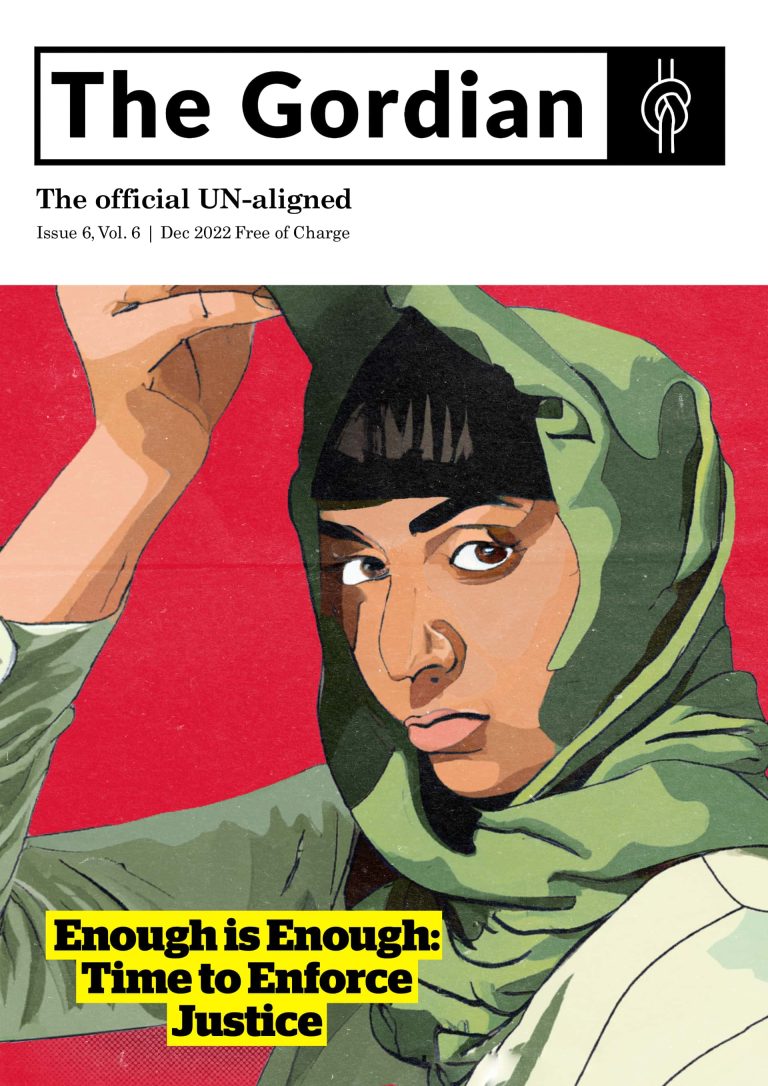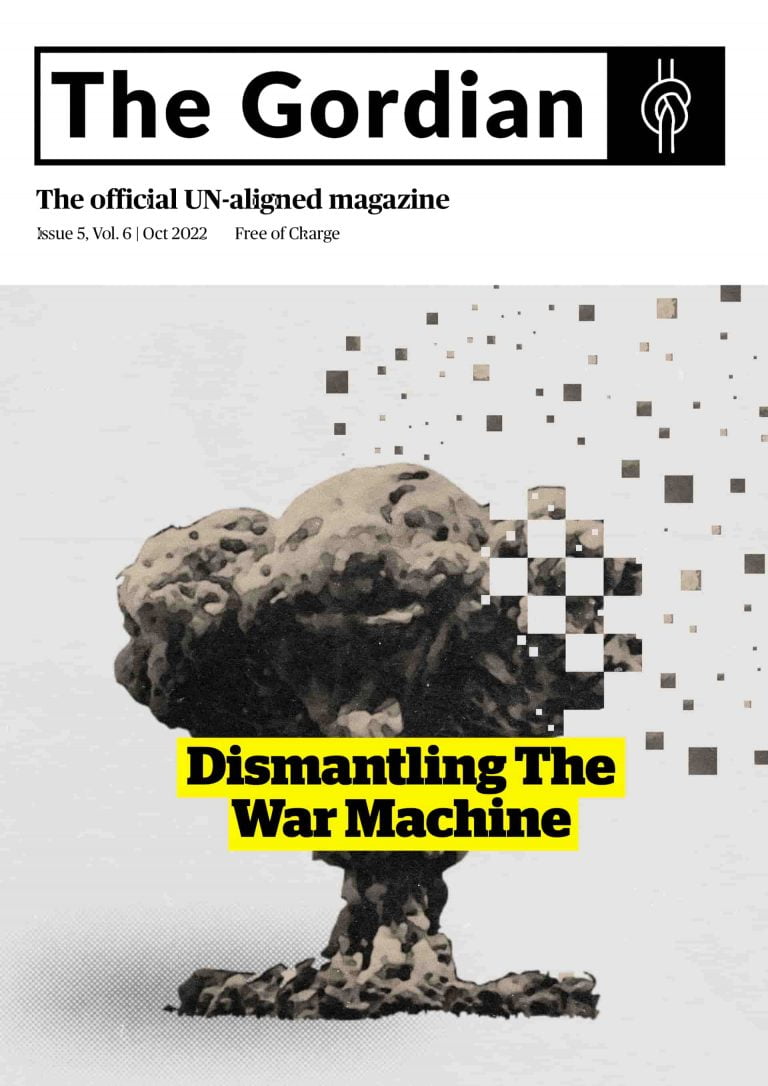The UN-aligned poetry competition 2021
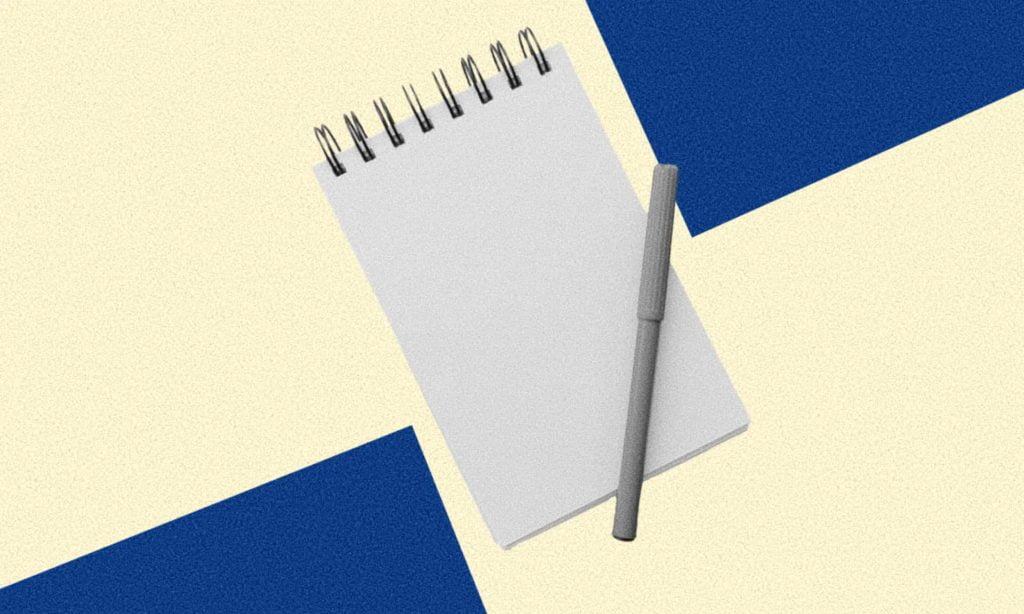
To celebrate the international literature day on the 8th of September, UN-aligned will be holding a poetry competition open to everyone. The application is open from 1.08.2021 and finishes on 08.09.2021.
Applicants will be informed about the decision during the last week of September. The finalist(s) poems will be featured in the Gordian Magazine’s October issue.
The goal of this competition is to creatively portray the values which UN-aligned’s Manifesto campaigns for. The competition aims to highlight the importance of the creation of a different kind of a United Nations as well as the promotion of human rights, animal welfare and environmental protection.
The winners will be selected by our literary editor, winner of the international ‘Il Leone D’Oro’ award, Alex Liberto. Learn more about Alex’s achievements as a poet and writer.
- First: 100 euros + certificate
- Second: A poetry book
Finalists will also be invited for an interview with our team in order to promote and publicise their works. Your interview may be published on our website (un-aligned.org), our monthly magazine (the Gordian), podcast (the Gordian in Audio) and newsletter, which are followed by hundreds of similar-minded members across 25 countries.
The Gordian Magazine introduces new series about “social issues”
By Ariana Yekrangi
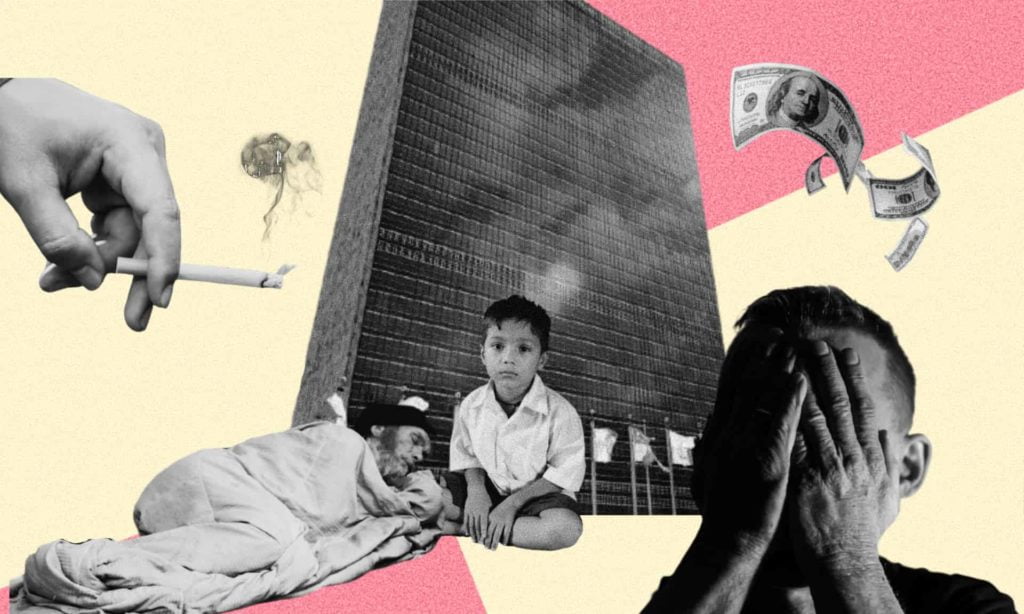
This month marks the last issue of the 4th Volume of the Gordian Magazine.
Although it may not seem like much, to date we have published more than 25 issues of the Gordian, all of which can be accessed for free.
Words cannot express how grateful we are to the generous support of our writers, contributors and, you, our readers. Thank you for using this magazine as a platform to express your ideas for a better and fairer world.
The 4th Volume was a notable series within our publication…
Our fourth volume contained articles on the shortcomings of UN justice, the failure of UN leadership to take concrete action and the lack of moral obligations of our modern-day economy.
We also introduced: the monthly UN in Focus series, in which we started to measure UN’s ethics in the light of UN-aligned’s standards; a literary column overseen by Alex Liberto; a general culture section featuring various topics such as art, music, movies etc.; and our official monthly podcast, The Gordian in Audio, which is now available on all podcast platforms.
Access all of the issues of this volume for free.
- Issue 1: To Sanction or Not to Sanction?
- Issue 2: Easter doughnuts: reshaping the global economy
- Issue 3: Whose Justice?
- Issue 4: Law & Disorder at The United Nations
- Issue 5: “Just Let Them Eat Fudge…”
- Issue 6: Standing up to The Dystopian Tide
New theme of the Gordian Magazine
Next month, The Gordian will start a new series of articles that will focus on various social issues including: poverty and homelessness, healthcare, school bullying and others.
The new “Blood on their hands” series
Next month we will start featuring a series of current world leaders and a sample of their crimes. These are the sort of people whose representatives are allowed to vote on life and death issues at the United Nations. These are people who are involved in defining the moral path humanity should be taking.
How can one support the United Nations without condoning a system that is swayed by such corrupt individuals?
UN-aligned members are not complicit in this mockery of justice. We believe people deserve better and we have set the ball rolling in the right direction, one that prioritises ethical principles rather than kowtowing to power at all costs.
We believe in a “United Nations” that is united around humane values and not simply united for the sake of a world club whose sole purpose is to pay lip service to peace and prosperity, while in practice member States do precisely what they please.
Collaborate with us in any way you want
Let us get this straight: we are not after your money. We want you to contribute to a better and fairer United Nations in any way you can. You can write, translate and research for UN-aligned at any point in time. Contact us today.
10 books, movies and music UN-aligneders want you to dive in!
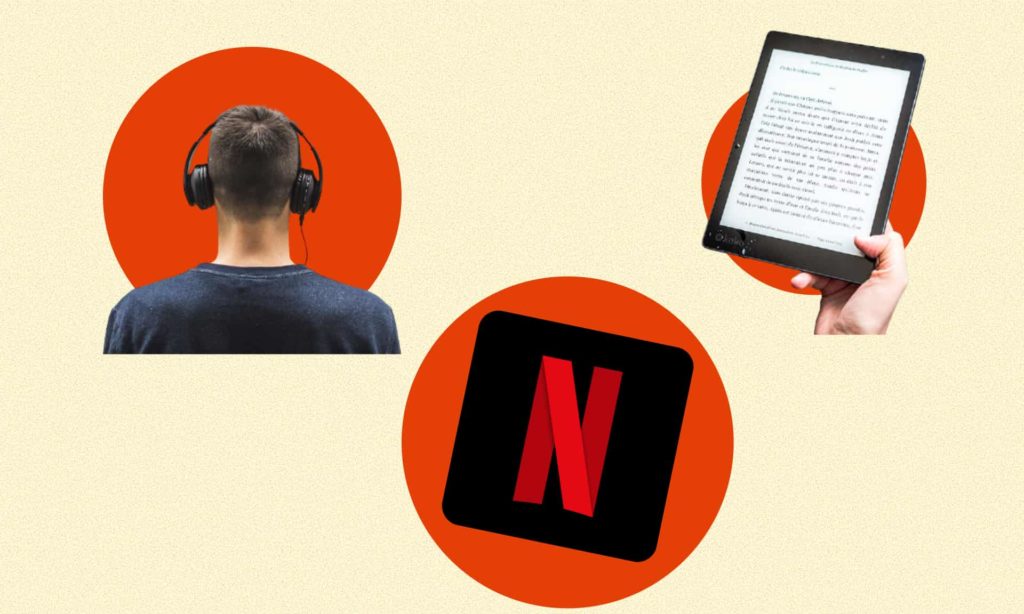
Last month we asked our readers to tell us about their favourite books, TV shows & music. This is a list of some their suggestions. Enjoy!
5 reasons why the UN cannot be trusted to represent, let alone advance, humanity’s ideals
By Adrian Liberto
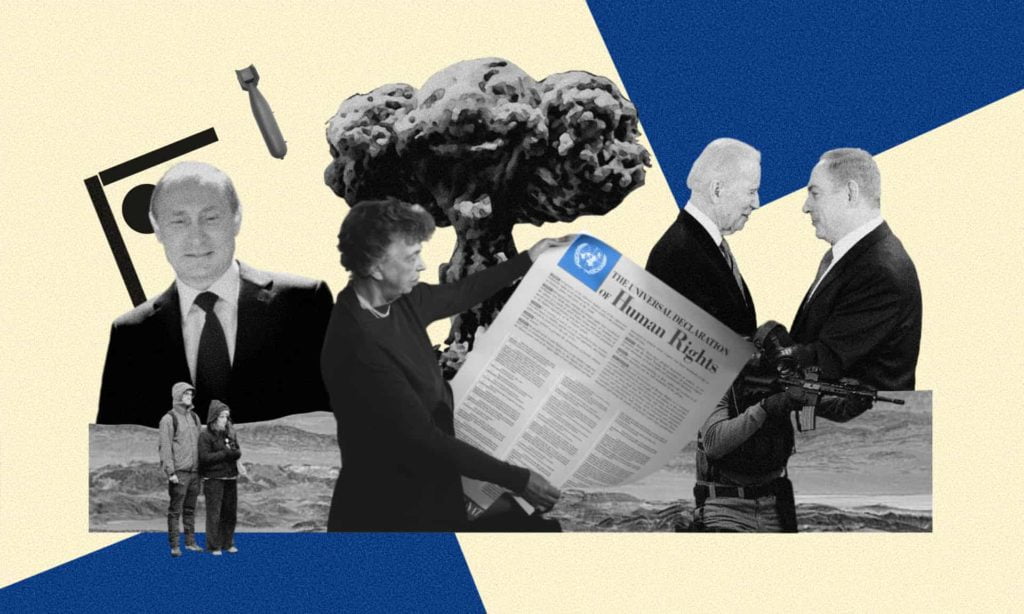
The United Nations: the devil you know
I met someone from a peculiar land with a completely messed up political system yielding a society that was plagued with poverty, oppression, corruption and strife. I commiserated until I found out that there actually was an alternative party that, given the chance, would put things right, yet nobody seemed to care about it. “Hey! What’s wrong with you people?” I asked my new acquaintance, pointing this out. “Many do not know; many do not care…” “And what about you?” I petitioned. “Ah, better the devil you know!” They replied smugly, as a demon dragged them to hell…
More of a devil than you think
As it stands, many of us are being dragged to hell, but, irrespective, we are quite content in the knowledge that it is by a devil we know. That devil is the United Nations. You may think such an analogy is unfair and farfetched. After all, the United Nations is the closest thing we have to an international authority working towards peace and prosperity. That is exactly the point. It has had the top job for over three quarters of a century and for a host of reasons it has made an absolute mess of it. And yet, most of us are happy to be represented by this organisation. We are happy to accept it as humanity at its best. Well, if those are the standard to which we aspire, then we are well and truly doomed:
“Per me si va nella città dolente,
per me si va ne l’etterno dolore,
per me si va tra la perduta gente.”
(Dante: La Divina Commedia; Inferno, Canto III: “Through me you pass into the city of woe: Through me you pass into eternal pain: Through me among the people lost for aye.”)
Indeed, the United Nations has done some great things and many of its bodies, such as UNHCR and UNESCO, ensure commitment and visibility to many of humanity’s pressing issues. However, its successes are often despite, rather than thanks to, its structure, policies and procedures. Moreover, it is failing in its primary duty, which is safeguarding world peace and human rights.
Five reasons why the UN cannot be trusted to represent, let alone advance, humanity’s ideals and aspirations and why simple reform will not resolve its inherent problems.

1. The UN prioritises nations to the detriment of individuals and communities
Currently, the UN is made up of 193 member States. These States are the lifeblood of the organisation. They mould and steer it forward. This would work as long as the nations were committed to the founding principles of the UN’s Charter, but only a minority of countries are. According the Freedom in the World 2021 index, only 80 of those countries are classified as free, whilst The Economist’s Intelligence Unit Democracy Index 2020 lists 56 of them as led by authoritarian regimes. Moreover, many of the current world leaders have blood on their hands, both directly through extrajudicial assassinations, torture, murder and slaughter of protestors, and indirectly through oppressive policies, unfair sanctions and disregard for human life.
Throughout its history, the UN has tolerated such abuses; in fact, it has tolerated every genocide and bloodbath from its members since its very foundation.
Is this the type of club you wish to be associated with?
Yes: Really? Well, I am sure they would love to have you: careers.un.org
No: Consider joining UN-aligned
2. Much of the decision-making process of the UN is at the mercy of the of the whims of five permanent members of the Security Council
The five permanent member States of the Security Council include the two most powerful authoritarian regimes. The remaining three, the US, the UK and France have not always been exemplary, particularly the US which has invested much of its post-war effort in undermining democracies around the world, such as Indonesia, Persia, Chili and Nicaragua and fuelling the subsequent pogroms. Today it supports Israel’s apartheid regime and a stranglehold on Cuba’s economy. Often, these superpowers use their veto for their personal geopolitical interests. We are at the mercy of their whims, morally beholden to the likes of president Vladimir Putin and President Xi Jinping.
Are you happy to be morally represented on the world stage by the leaders of these superpowers?
Yes: Which one, past or present, tickles you most? Mao? Stalin? Trump? Putin?
No: Consider joining UN-aligned
3. The UN spends billions of dollars on peacekeeping missions, but precious little securing lasting peace.
Barbed wire is no way to keep the peace between warring factions, especially when the buffer is actually expensive military personnel who sometimes become more of a problem than a solution. Moreover, the UN’s incompetence has exacerbated many precarious situations, indirectly contributing to massive loss of life as in the events surrounding the Rwanda and Srebrenica genocides (for the UN’s part in these atrocities refer to my book Unravelling the United Nations). The UN should broker lasting solutions founded on international law and countries that fail to comply should be penalised. To date, the UN has not even bothered to expel one nation for its crimes against humanity despite there being hundreds if not thousands of occasions that would have warranted this. The UN’s obsession with neutrality, even in the face of butchery, has left it ineffective and ineffectual as a peace broker, with all of its credibility undermined.
Do you consider aggression and violence “business as usual” matters that should not jeopardise a country’s seat at the General Assembly, or warrant a robust response from the UN?
Yes: Does the UN’s “deep concern” for such issues do it for you then?
No: Consider joining UN-aligned
4. The United Nation’s commitment to human rights is watered down by the lack of integrity and bigotry of its members.
Let us take freedom of speech and LGBT+ rights, for instance. The Press Freedom Index 2021 only lists 13 countries as having a “good situation” regarding press freedom. Is it any wonder then that the UN is not a knight in shining armour when it comes to advocating for free speech? As for the five permanent members of the Security Council, none of them made it to that “good situation”, with the US, the UK and France described as having a “satisfactory situation”, Russia as having a “difficult situation” and China a “very serious situation”. The flouting of LBGT+ rights by UN member states is even more explicit with 69 countries still criminalising homosexual acts. The tragedy is that human rights are precisely what the United Nations should be about. If we were dealing with a job description they would come under ‘essential requirements’. Yet the UN relegates them to a footnote in the ‘desirable’ section. If the UN backs away from standing up to national governments that trample on human rights, it is standing in the way of its own commitments and betraying humanity in the process.
Do you think it is right for the United Nations to turn it back on its responsibilities regarding human rights?
Yes: Would you mind helping us take up the gauntlet then, by joining UN-aligned?
No: Consider joining UN-aligned
5. The United Nation structure is a fossil of the post WWII world and come hell or high water, nothing will induce it to change.
As my book on the United Nations makes abundantly clear, the organisation is a relic of a very different world. Whilst the issues it has to face change with time, as do some of its methods of dealing with them, it is tied to an archaic voting system that limits its options and puts ethical principles at the mercy of voting States, of which the majority are not, as we have seen, paragons of democracy. Besides this, we have the Security Council’s five permanent members who will never be inclined to relinquish their privileged position.
At best, they will allow another country or two a share of the veto power, which rather than resolve anything will in fact entrench the structural problems even more. Whilst some of the UN bodies can be, and should be, salvaged, the hub of the organisation is irredeemable. Its flawed decisions and operations are not due to ad hoc incompetence, they actually stem from the deficient structure that must be demolished.
Do you really want to stick with the devil you know?
Yes: Hold on, have we met before?
No: Consider joining UN-aligned Come on! You know you want to!
UN-aligned is different. We put individuals and principles before Nation States. We believe that the organisation that represents humanity, needs to represent what is best in humanity and work uncompromisingly for world peace, human rights, animal welfare and environmental protection.
Of course, many people will feel more comfortable with the current United Nations because it will not discourage them from slitting an animal’s throat or a boy’s penis. It will not stand up to their bigotry that may abuse another person’s human rights in areas such as sexuality or lifestyle. Nevertheless, it will not be in its numbers that UN-aligned will be prodigious, but in its integrity, its unfettered vision for the future of humanity and its efforts in getting there.
UN is failing to combat Climate Change
By Jay Davis
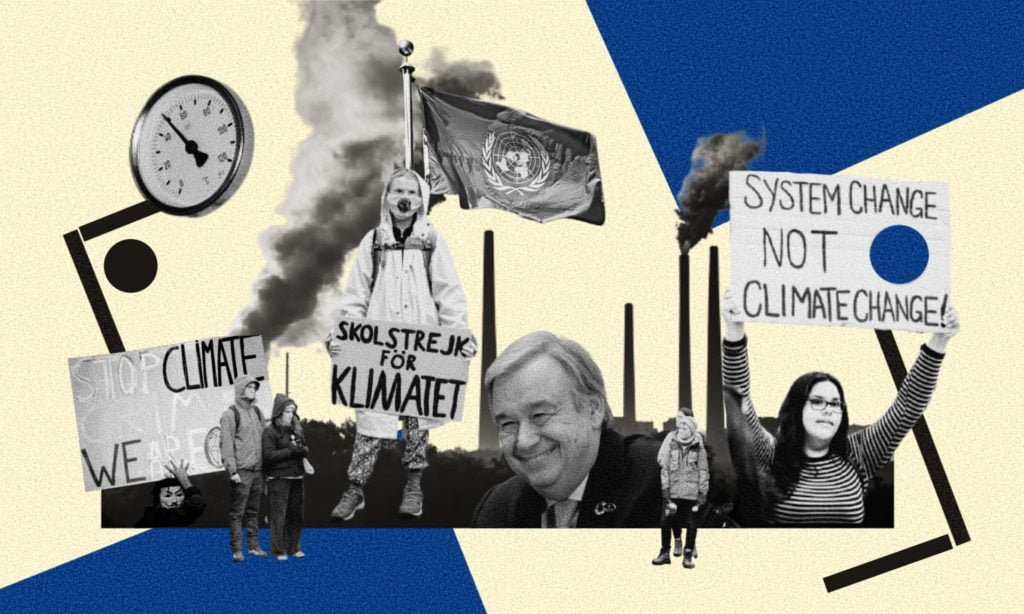
Climate change is the world’s biggest collective enemy, which threatens to destroy the very planet that we all live on. Whether it be rising sea levels, global warming, record-breaking temperatures, melting ice caps or an overall shift in severity of natural disasters, we as humankind need to strategise together for immediate solutions.
Regarding the UN’s response, it can be commended for shining light upon the escalating emergency; with, for example, setting up the annual COP meetings since 1995 to assess progress in dealing with climate change. Also, at COP 21, the UN established the landmark 2016 Paris Agreement, which was signed by 196 parties worldwide and is based upon limiting a global temperature increase to below 2 degrees. Other exposure includes promoting sustainable lifestyle changes, working with climate activists, and dedicating an entire Sustainable Development Goal (SDG) to combating climate change.
Therefore at surface level it would seem that the UN has a defined strategy battling against climate change, however if you dive deeper the situation is worrying, as scientists, multiple studies and the UN itself believe global warming will increase by 3-5 degrees by the end of the century.
So, what has gone wrong?
This is what this article intends to explore, and it will attempt to answer this query by examining how the UN is progressing towards completing targets associated with their 13th SDG – which is dedicated to fighting climate change. Additionally, this article will analyse the Paris Agreement’s progress, propose expert-based solutions and answer some key questions:
- Has COVID-19 affected climate change?
- What is needed to solve the climate crisis?
- Is it time for a new approach?
The Targets
The UN has dedicated 5 Targets and 8 Indicators for SDG 13. Targets define the goals, and Indicators represent the metrics utilised to track progress.
The Targets and Indicators can be seen here:
The article will move onto evaluating the UN’s progress towards these targets by breaking them down.
Target Breakdown
Target 13.1: Strengthening resilience…
Target 13.1 is all about reinforcing countries’ resilience against natural disasters, mainly by implementing risk reduction strategies which will ideally reduce the deaths inflicted by natural disasters.
To track progress towards completing this target, the useful SDG tracker website is a good starting point. Although, the data provided is quite limited, with most graphs and tables ending in 2017 or 2018 you can still track progress and from this dataset the following conclusions can be made:
- The annual death rate from natural disasters per 100,000 people has decreased from 2015 to 2017, and further research shows that 2020 is the lowest year for natural disaster inflicted deaths.
- Natural disasters cause $390 billion of damage per year
- From 2015 to 2017, the amount of internally displaced people from natural disasters has both increased and decreased. With people who have either upper middle incomes, or reside in Latin America and Cuba being the worst inflicted, with an increase of 7 million people being displaced from 2015
- By 2018, 26 countries across the world still had not adopted the UN recommended Sendai Framework for Disaster Risk Reduction. Yet, many countries have and are performing well in the UN’s eyes.
- Disappointingly in 2018, very few local governments across the world have adopted disaster risk reduction strategies – albeit this could be down to countries situated in areas where natural disasters are not rife.
From these results it’s clear that the UN is succeeding in reducing natural disaster inflicted deaths and signing up countries to implement natural disaster risk reduction strategies. Yet, further research shows that many countries are failing to take the right steps to mitigate natural disaster effects and even the best plans for countries more subjected to disaster are questionable because of rife poverty. These trends show that the UN either needs to hold them to account for failing to meet protocol for lifesaving initiatives or provide more resources.
With scholars reporting that climate change exacerbates natural disasters immensely, this task needs to be carried out sooner rather than later. This correlation is common and can be seen clearly with the Australian wildfires, which gained worldwide attention in 2020, where scientists reported that climate change made those fires 30% more likely to occur.
Target 13.2: Integrating climate change measures…
This target is based upon countries integrating climate change measures into national policy and tracking the rate of CO2 emissions.
Data and research show that:
- In 2015, 197 countries had incorporated multilateral agreements.
- Ukraine, Turkey, Saudi Arabia, Russia, USA and China are the worst culprits when it comes to reducing greenhouse gas emissions. Whilst Monaco, The Gambia and Costa Rica are the best.
- Between 2015 and 2019 CO2 emissions have risen 1.23 billion tonnes and the peak hasn’t occurred yet.
- In 2020 CO2 emissions eased – mainly due to COVID-19 pandemic – however this is not expected to last.
The data above, to put it simply, is frightening, since the only success the world collectively has had in fighting climate change since the Paris Agreement and creation of the SDG in 2015 is due to a deadly pandemic halting normal day-to-day life. The data also suggests that despite many countries adopting climate change measures they are clearly not doing enough to reduce carbon emissions.
Target 13.3: Raising awareness…
The target 13.3 has one primary goal of raising awareness of the dangers of climate change around the world.
The SDG tracker provides no data on how to track the progress of this goal which raises plausible doubts as to whether the UN can achieve this target.
Further sources suggest that despite the importance of environmental literacy, in Europe only Italy has made it a compulsory subject.
Additionally, according to some scholars, education is rarely mentioned in discussions of major climate solution strategies.
It is quite evident that the UN needs to do more regarding this target and enforce education about climate change in school curriculums from a young age. Instances when children have been subjected to this learning are positive. A report by Stanford University concluded that 83% of pupils who had undergone environmental awareness classes from nursery to the end of secondary school had improved their environmental behaviour.
Target 13.A: Implementing agreed commitments…
The primary objective of this target is for member States to collectively contribute $100 billion annually to the UN from 2020 to support the Green Climate Fund (GCF) aimed to support low-income countries in climate mitigation and adaptation.
Data shows that the UN is nowhere near this target and in 2020 it only received a pledge of $10.4 billion – $89.6 billion from the intended target.
The lack of funding can be potentially excused due to the COVID-19 pandemic which has impacted economies worldwide immensely.
Yet, climate change will not slow down because of COVID-19, and it still requires greater contributions from UN member states if humankind is going to solve it.
Target 13.B: Supporting vulnerable and developing countries…
This target focuses on building support for planning and management in the least developed countries.
The criteria around tracking this target’s progress is vague and practically non-existent, which raises concerns regarding a lack of transparency from the UN.
Some studies suggest that vulnerable developing countries are leading the world on climate change action as they experience it daily. They are supported in this by the World Bank, which has recently devised a Climate Change Action initiative, which aims to deliver record levels of climate finance to developing countries from 2021-2025.
UN is failing to achieve the Paris Agreement and SDG 13
The breakdown of the targets above suggest that the UN is in fact failing to meet the core objectives of SDG 1, as well as falling short when it comes to pushing through the revolutionary Paris Agreement.
The failure can be exemplified in the following three statistics:
- Co2 emissions reached record levels in 2020 and they are continuing to rise.
- In 2020 the world’s global temperature reached record breaking levels.
- By the end of the century global warming shall have increased by 3-5 degrees.
Regarding COVID-19’s effect on the environment, as mentioned above, it actually helped ease climate change. This is mostly due to the stringent lockdowns imposed by countries worldwide which reduced aviation and travelling.
Therefore, unless another pandemic is coming our way before 2030 the UN needs to take responsibility for its failures and explore new approaches for solving climate change.
What did the UN do wrong?
Inserted below are the main criticisms for the UN’s limited success in achieving both SDG 13 and the Paris Agreement:
Failure of holding countries to account
For both the Paris Agreement and SDG 13, there is a lack of repercussions for countries that fail to achieve what they set out.
Without legal ramifications, countries may see their environmental pledges as meaningless and as something to put on the back burner.
This attitude would be catastrophic because of the devastating and irreversible damage it can do
Only 75 governments out of the ones that signed the Paris Agreement met the deadline to submit their climate plans in 2020.
The goals set out in climate plans would mean emissions would only fall by a measly 0.5%; a scenario condemned by Climate Chief Patricia Espinosa. China, Russia and the USA, who are three of the five permanent members of the UN Security Council, are the worst culprits in reducing CO2 emissions.
Failure of holding corporations to account
The UN is also failing to hold corporations to account for their environmental crimes:
- A 100 energy companies have been responsible for 71% of all industrial emissions since human-driven climate change was officially recognised
- Through lobbying and other practices, Exxon, an American multinational oil company, blocked U.S climate policies despite actively knowing about the damage of climate change.
- Corporations cause $2.2 trillion in environmental damages every year.
- Food production by corporations is responsible for one-quarter of the world’s greenhouse emissions.
- Soy and Beef farming has caused the Amazon rainforest to emit more CO2 than it absorbs.
The UN itself
The UNFCCC (United Nations Framework Convention on Climate Change) is failing and is in dire need of reform. Instead of reducing annual emissions of greenhouse gases it is allowing them to increase, and today they are 60% above 1994 levels. Moreover, the UN development programmes created to help fight environmental challenges, such as deforestation, have been indicted on corruption and fraud. Brice Bohmer of Transparency International stated that although people see ‘climate’ and ‘corruption’ as two distinct issues, there is, in fact, “a lot of overlap”.
The UN’s shortsighted growth models also exacerbate the situation. SDG 8, for instance, calls for a 7% annual GDP increase in developing countries, but uses old industrial growth models that kill our environment.
How to solve Climate Change
Despite the complexity and intricacy behind the damage that climate change does, the answers regarding how to combat it are relatively simple, such as reducing greenhouse gases or promoting sustainability. The actual process of carrying out the plan on a universal basis involves accountability, transparency and consensus – all characteristics the UN is not showing currently.
Expert based solutions include:
- Fossil fuels need to be replaced with cleaner and renewable energy like wind.
- Reducing meat and dairy consumption and promoting sustainable diets such as vegetarianism and veganism instead. This could reduce Global Farmland by 75% and still feed the world. Also, it would reduce global CO2 emissions by up to 8 billion tonnes per year.
- Forests and Indigenous people’s lands need to be protected and not given to Fossil Fuels industries.
- Corporations and countries must be held to account for their environmental crimes and penalties must be imposed to discourage further crimes.
- Enshrining clear universal climate change plans, so there can be no confusion or ambiguity, which could easily be exploited.
The simplicity of these solutions is damning to the UN and with the escalating climate change crisis it should be in humanity’s self-interest to look for another international order that enshrines humanity and the environment. This international order could be the ambitious and alternative United Nations called UN-aligned which proposes better and humanistic policy in combating climate change.
What can UN-aligned do better?
UN-aligned suggests a variety of expert-based solutions that would protect the world’s environment from harm and actively battle the escalating climate catastrophe. These tenets would appear seldom to UN environmental policy, which is superficial, ambiguous and inconsistent.
UN-aligned promotes the following environmental policy:
- Reducing carbon footprint
- Investment and research into clean energy
- Improved recycling methods
- Implementing legislation to protect the planet from exploitation
- Enshrining animal rights
- Promoting vegetarianism and veganism
- Subsidising cruelty-free products
If you believe in the UN-aligned cause and seek further information, check out Adrian Liberto’s book ‘Unravelling the United Nations’ or become a member of the cause at un-aligned.org.
UNESCO’s 44th Session: 27 sites that made it into the World Heritage List – in Pictures
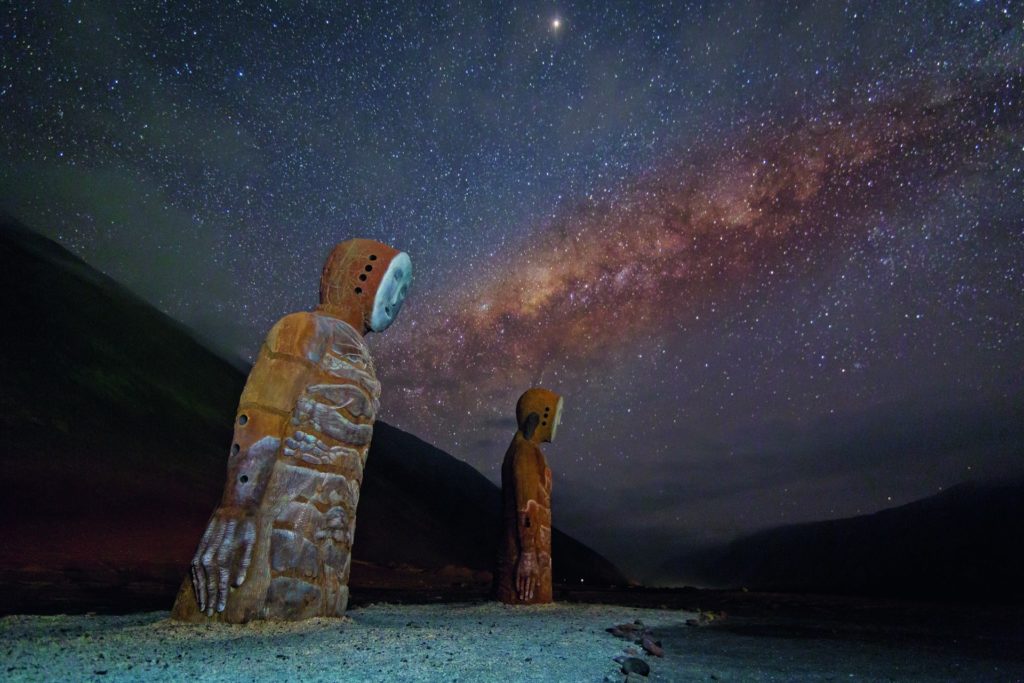
The World Heritage Committee’s 44th session took place virtually from 16 to 31 July. It covered issues left outstanding since last year, when the annual meeting was postponed due to COVID-19. The extended session was chaired by Tian Xuejun, China’s Vice Minister for Education and Director of China’s National Commission for UNESCO. The session looked at 42 nominations to the World Heritage List (24 submitted for 2020 and 18 for 2021).
They consisted of 35 cultural, 6 natural and 1 mixed (both cultural and natural) sites. Liverpool Maritime Mercantile City, England was removed from the list on July 21; it the third site to have been removed in the history of the organisation. The removal was related to concerns of the development of the area that compromised its “historic authenticity”. Meanwhile Venice and the Great Barrier Reef avoided slipping into the list of endangered sites.
Security Council Arria-Formula meeting on Myanmar
By Adrian Liberto
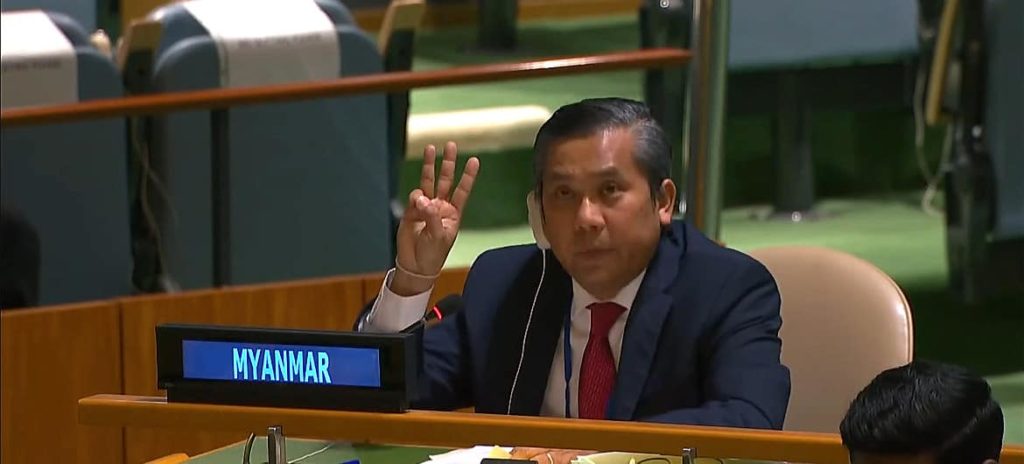
On July 29, the UN had a Security Council Arria-Formula meeting on the deteriorating situation in Myanmar. US ambassador and senior advisor for political affairs, Jeffrey DeLaurentis, summarised the dire situation, stating:
“Humanitarian aid workers inside Burma are sounding the alarm. As a direct result of the military’s brutality and administrative failures since its coup six months ago, Burma is reeling from a surge in COVID-19 cases. This burgeoning health catastrophe comes at a time when hundreds of thousands of people remain internally displaced by the recent violence, with the World Food Program projecting between 1.5 and 2.8 million additional people in the country could now be at risk of food insecurity.”
Moreover, there are reports of scores of doctors being rounded up and imprisoned because of the medical profession’s reaction to the coup.
As the crisis deepens, China refused to put pressure on the regime via sanctions, while Russia boycotted the meeting completely, stating that it was against interfering in Myanmar’s internal affairs.
This is not surprising, considering an earlier meeting Russia’s State arms exporter had with Myanmar’s military on July 21 where Russia agreed to work closely with the military regime and supply it with military hardware, including aircraft. Talk about interfering!
This is another prime example of the UN’s pathetic and perverse mechanisms that allow its main players to not only condone violence and injustice, but actively support it.
The Dystopian Novel: “Beyond Utopia”!
By Alex Liberto
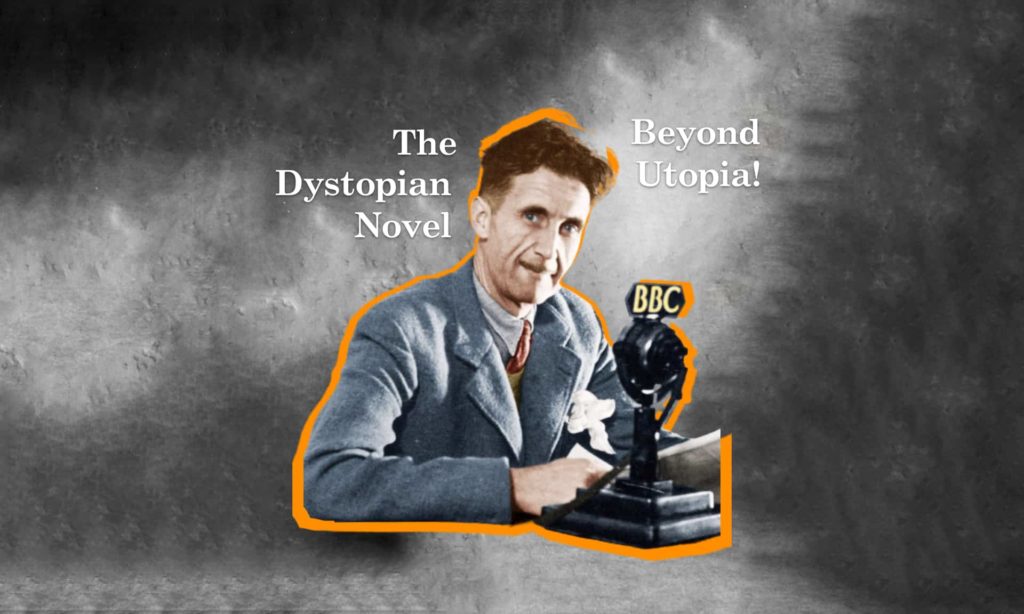
The dystopian novel developed during the 20th century when the reality of humanity’s volatile condition became evident after both the first and second world wars. The word, dystopia, refers to Utopia, the fictitious name of an ideal country, coined by Thomas More in his famous book Libellus … de optimo reipublicae statu deque nova Insula Utopia (1516).
It was designed as a political, social and religious system which was not supposed to be reflected in reality, but proposed as an ideal model.
Utopia was later seen as the panacea for the future
Many 19th-century scholars looked at a utopian future as the culmination of the forces of historical evolution. They imagined a natural development of progressive tendencies of modern times: democracy, science and socialism. Utopia would be the crowning climax of a complete and fulfilled society that would base its values on modern ideals of science and socialism. It would create morally perfect social orders.
Naturally the harsh reality was altogether different. The 20th century was, from the start, characterised by a degradation of moral and spiritual values. We have already seen the bleak picture that writers like Eliot and Scott Fitzgerald portrayed of the period; the arid waste land and the vast valley of ashes. Therefore, since Utopia was so far from the obvious reality, its counter-ego, dystopia, took shape.
Dystopia painted a most dreadful picture of a festering present and a fearful future to come. It heralded the horrors of modernity within a would-be perfect society built on tyranny, scientific oppression and dictated principles.
The two giants of the dystopian novel were Aldous Huxley, with his Brave New World written in 1932, and George Orwell with his masterpiece, Nineteen Eighty-Four, published in 1948.
Empty values and the Brave New World
The scientifically perfect society of the Brave New World portrayed the dangers of life caught between cold technology and empty values. The novel was set in A. F. 632, which corresponded to the year 2540.
In that brave new world, in fact, time was counted from when Henry Ford produced his first economic automobile model, commencing that mass production system which was to make cars a means of transportation available to everybody.
Huxley’s aim was to make people reflect on the effects that a misused concept of scientific advancement could have on mankind and society. A case in point was the way children were generated. They were no longer conceived through sexual intercourse, but generated through chemical processes similar to that of the assembly line.
The motto of that new world was ‘Community, Identity, Stability’, which was an ironic twisted version of the motto of the French Revolution, ‘Liberty, Equality, Fraternity’.
This irony was also evident in the title of the novel itself, which is actually a quotation from Shakespeare’s play The Tempest. The words, ‘brave new world’, were pronounced by Miranda when she saw some new people on the deserted island on which she and her father lived. Miranda was fascinated by the arrival of these new people and believed them to be the product of her father’s magic. Unlike Shakespeare’s Tempest, however, where the brave new world stood for a world of magic and poetry, Huxley’s brave new world had no magic, and certainly no poetry.
Like Aldous Huxley, George Orwell also warned us about the dangers of the negative development society was undertaking. However, unlike Huxley, who warned us about the technological and scientific would-be perfection, Orwell was more concerned with the political aspects.
Orwell’s Nineteen-Eighty-Four (1984): dark and disquieting
Orwell’s Nineteen-Eighty-Four was a dark and disquieting portrayal of how society was expected to develop. It was written in 1948, but the events it described referred to 1984, 36 years after the time it was written. Orwell just switched 48 to 84.
The Earth had been divided into three main areas, and the world was ruled by three superstates: Oceania; Eurasia and Eastasia.
Oceania, which covered the Americas, Oceania and the British Isles (the main location for the novel), was referred to as ‘Airstrip One’. Eurasia covered Europe and most of Soviet Union; while Eastasia covered Japan, Korea, China and northern India. London, where the novel was set, belonged to Airstrip One, the first of these areas.
BIG BROTHER IS WATCHING YOU!
In the novel, Orwell imagined a society ruled by a single political party, which had full control of the people and their lives. It was the Party that was the be-all and end-all of society. Telescreens were installed in every household to check everybody’s behaviour, and the eyes from large ominous posters hanging on the walls outside, seemed to follow the citizens as they walked and went about their business, warning them that “BIG BROTHER IS WATCHING YOU”. A special police force, called the Thought Police, not only checked people’s social behaviour, but also what they thought and believed in.
Apart from the dull and drab environment, the inhabitants living in that society also suffered from material poverty. The standard of housing was indecent, the quality of common goods, like food, cigarettes and liquor, was very poor. In that manipulated society, Winston Smith, the hero of the novel, felt dissatisfied. He wanted more autonomy and the possibility of having individual freedom of choice, both denied to him by the oppression of the Party.
The Party also modified and adapted the language of the people, in order to be able to better control them. The new language, called Newspeak, was a highly reduced and limited language. Its lexical poverty was aimed at eradicating people’s values that may have veered towards peace, freedom and love, which the party propaganda presented as false. The Party wanted to substitute those values for their very opposites.
This was the aim of the Party, and its slogan was explicit:
“War is Peace, Freedom is Slavery, Ignorance Is Strength”.
The description of the ministries of Love, Truth and Plenty confirmed the Party’s aim, since they were working to achieve the exact opposite of what they stood for. The Party was able to manipulate everybody’s personality.
A wider world order
Our 21st century society is uncannily similar to Orwell’s dystopian world of telescreens and populist ignorance. It is no wonder that one of the longest-running and most popular reality television shows in the world was entitled “Big Brother.” This television reality refers directly to the novel legitimising the kind of nurturing surveillance that “Big Brother” was meant to portray: “We are watching you and we will take care of you.” Reality television is the friendly face of surveillance, but it actually highlights the worrying reality that we are all becoming pawns in a wider world order, where the game is being played by an increasingly powerful and hidden oligarchy.
The Titulus as a safe haven: Case Romane del Celio
By Carla Pietrobattista
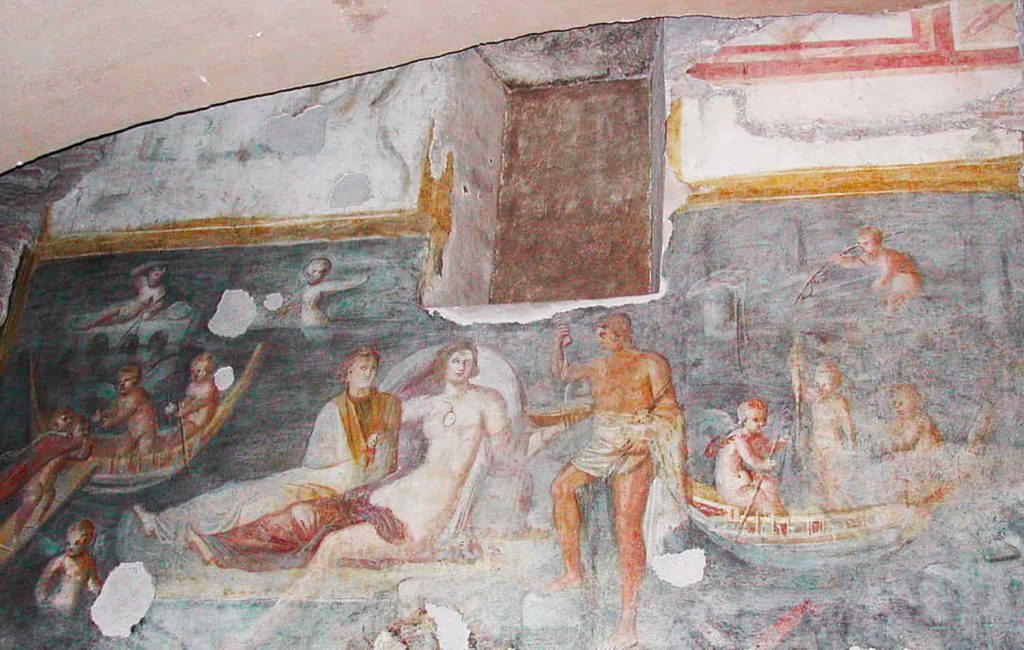
In memory of Rita Angela D’Alessandro, a beacon of love and generosity...
If talking about what you don’t know well is frightening, trying to convey to others what you have studied for a long time with enthusiasm and passion is disorienting, because you proceed with the constant feeling of not saying everything or at least not saying enough.
Years ago, when I was still a university student, I was deeply impressed by Christian archeology not only as a matter of faith, but because when art is placed at the service of any kind of religion or religious thought, it generates artistic phenomena that involve social edification. Among the various topics covered during the lessons, one in particular remained with me: the tituli.
The Titulus as a safe haven
The term titulus generically indicates the plaque placed outside the houses of ancient Rome on which the name of the owner of the dwelling was recorded in the genitive. Regardless of this specific meaning, the term titulus in the context of Christian archeology refers to a broader historical context, namely, that of the persecutions of the original Christian community. We are therefore talking about a phenomenon that, while continuing to exist over time, developed mainly up to 313, the year of the Edict of Constantine which made Christianity the official religion of the empire. During the persecutions, the faithful, for obvious reasons, had to meet secretly in order to carry out their rites.
Due to an incorrect cinematographic representation of this historical period, I have often found that many imagine the celebration of these rites to have taken place in catacombs. This completely inaccurate idea is to be dispelled because these environments that nowadays appear as hypogea, were, in the period of persecutions, mixed outdoor cemeteries mainly frequented by pagans.
Gathering in those places would therefore have had the same effect as giving one’e self up to the authorities. Although many speak of acts of religious fanaticism during the persecutions, the cases of voluntary surrender to the Roman authorities were, in fact, really limited, because in most cases the instinct for survival prevailed. Precisely for this need for security and protection, the faithful began to gather in places that they perceived as safe, such as the private domus (villa) of wealthy Christians.
These homes of the wealthiest Christians usually benefited from large spaces, often equipped with large gardens that sheltered the living quarters from public view. This level of privacy and lack of direct visibility from the street was not possible in the usual housing quarters of most Romans: the insulae. These were a sort of modern condominium that mostly housed apartments and commercial places, which left them more exposed and visible to the people who frequented them.
The domus made available to the community of the faithful began to be identified with the name of domus ecclesiae or titulus.
Through the acts of the synod of 499 we know that in that period twenty-nine of these tituli were registered in Rome. Historical references to the name of these structures remain today, but hardly any architectural elements bearing witness to the ancient houses. This is because with the end of the persecutions, the need to perform these cults clandestinely inside such homes no longer existed. The faithful, who could now meet publicly, financed the passage and transformation of the tituli into real public places of worship, which over time were transformed and expanded into magnificent basilicas.
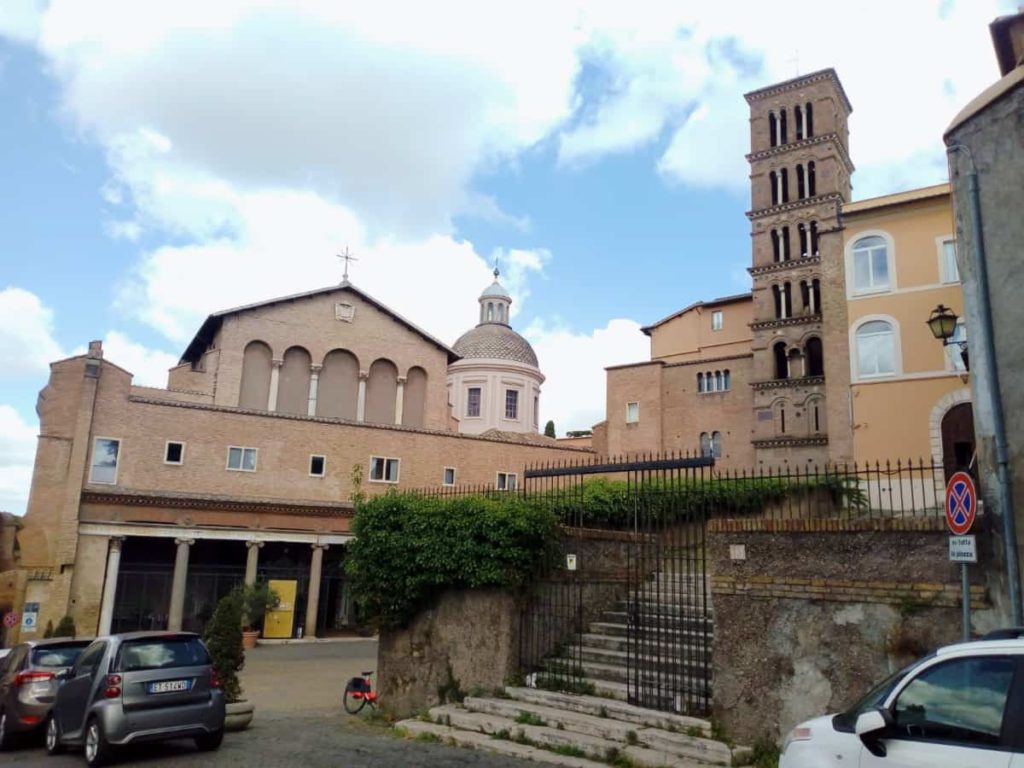
Santi Giovanni e Paolo al Celio
Despite this transition from domus ecclesiae to basilica, or perhaps because of it, an ancient titulus has survived in Rome and it is opened to the public. It has remained almost entirely intact thanks to the structural changes it underwent at the time of its transformation into a basilica, which created a sort of time capsule.

It reveals aspects of everyday life of the pagan period and other signs that testify to the owners’ conversion to Christianity. This titulus Bizantis sive Pammachii, that is, the house of Byzante and Pammachio, is also known in the field of Christian archeology as the Celimontana house of Saints John and Paul.
The peculiarity of this title is that it was immediately a very popular place because it was there that two soldiers of the Jovia Legion, brothers Giovanni and Paolo, were martyred and buried. According to hagiographic data, the two were killed on the night between 26 and 27 June 363, by order of the apostate emperor Julian. After their death, the house became the property of the Christians Byzante and Pammachio who made it available to their fellow believers. It was frequented for the performance of rites, but above all in order to pray near the burial site of John and Paul.
Over time the flow of the faithful became so numerous that it was necessary to construct a larger basilica which was built by cutting the upper part of the Roman house and integrating it into the new and larger structure. Today, the new basilica, just like the ancient titulus, stands on the Clivio di of Scauro in Rome. Starting from the pavement of the basilica, in the late 1800s, the archaeological remains of the ancient church house were brought to light, which we can still admire today.
The surface of the ancient third-century domus is enormous, as is the number of finds that have come down to us. For obvious reasons, it will not be possible to examine them all. I will focus mainly on the examination of some subjects depicted on the walls of a room known by the experts of ancient art as the “aula dell’orante” (the hall of the praying one).
This choice is not due so much to aesthetic factors as to the interesting elements that testify to the transition from a pagan domus to a titulus.

The praying figure
The lower part of the walls of the room, as often happened in the domus of ancient Rome as a means to evoke luxury and wealth, is frescoed with panels reproducing faux marble. The upper section, which was partly cut at the time of construction of the basilica, presents various interesting subjects. The pictorial decoration as a whole follows the curvature of the roof of the vaulted room.
The various spaces are divided by linear drawings, that is by red bands, which delimit the various spaces that host subjects of various kinds: philosophers with parchments and inkwells, animals next to a vegetable candelabra, imaginary animals, masks and fauns surrounded by leaves and flowers. These subjects have little in common with the Christian culture traditionally associated with the house, which is instead testified by the presence of the praying person; a figure who is usually represented in cemetery environments.
The praying person depicted on the vault appears dressed in a yellow Dalmatic toga, rigidly hung from the body to form a cross. The only dynamic element in this fresco is represented by the foot of the praying figure that appears to be about to dance, thus representing the joy of the soul that has achieved eternal salvation.
As indicated above, the figure of the praying person is often placed near burial sites and for this reason it could make us think of a private portrait of a deceased. In reality this drawing reproduces a woman with open arms. In the Christian context, this is a symbol of the soul, traditionally represented as a female figure. The outstretched arms and body of the woman evoke the cross and automatically associate it or the whole household to Christianity.
This habit of reproducing the soul with feminine features is actually a legacy of the pagan world where there is no lack of frescoes in which the body of the deceased is undoubtedly male, but the soul welcomed into the kingdom of the afterlife by Mercury is represented instead by a female figure.
Humanity at its best
The presence of the praying person, undoubtedly associated with pagan elements, contains the message that most struck me in the study of this period. Namely that in a moment of crisis and fear like the one experienced during the persecutions, arrogance and religious fanaticism did not prevail.
The testimonies of elements now perceived as culturally distant were not destroyed and there remained the harmonious coexistence of different cultures and ways of feeling.
The other lesson comes from the very nature of the tituli. During a time of great danger, people could offer hospitality to others, without prioritising their own safety and effectively exposing themselves to the risk of being betrayed in the event of the capture of other members of the community. The home, that even today represents our secure, sacred place, where we can shut ourselves up away from others, was transformed into a safe place for everyone.
For this very reason, this is a truly sacred location, far from personal selfishness and representing ideals that are purer and deeper than faith.
Portraits along the way – in Pictures
By Jonna Lappalainen

Travelling around China and India has provided me with memories of fantastic nature and beautiful cities and towns, all of which have their own unique charm and sights. The most memorable moments of visiting new places, however, are the encounters with friendly and warmhearted locals. I still remember, years after, the kind people who stopped to pose for a stranger with a camera. This gallery presents some of the beautiful portraits along the way.
Quiz: Where do you stand on the whole human decency thing & should you support UN-aligned’s mission?
News in July 2021 you may have missed
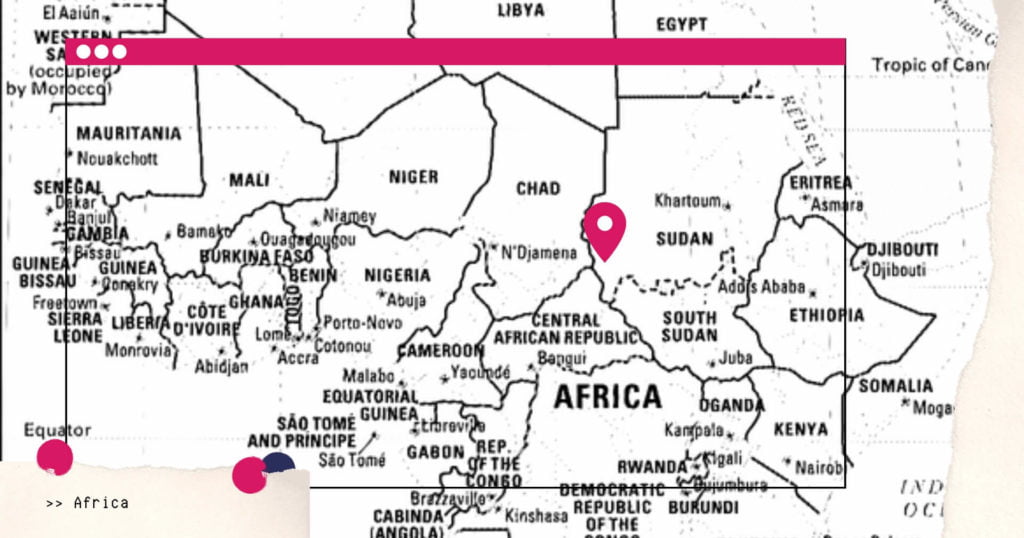
AFRICA
01.07.21: DR Congo. At least 10 people were killed in a terrorist raid on the city of Beni in the east of the country. Islamists are thought to be behind the attack, though as yet no group has claimed responsibility.
02.07.21: Ethiopia. Shortly after the government announced a unilateral ceasefire, the United Nations Office for the Coordination of Humanitarian Affairs announced that more than 400,000 have “crossed the threshold into famine in the Tigray region. Unless urgent action is taken to address the problems, the situation is likely to continue to deteriorate.
05.07.21: Nigeria. Another mass kidnapping in Kaduna State, in the northwest of the country, resulted in the seizure of 140 schoolchildren.
10.07.21: Ethiopia. The election board announced that Prime Minister Abiy Ahmed has won the election with an overwhelming majority. Polls were not held in the Tigray region owing to the ongoing conflict there and other areas were also affected for logistical and security reasons.
14.07.21: South Africa. The death toll from the recent unrest following the imprisonment of former president Jacob Zuma for contempt of court has risen to over 70 people. The rioters are also protesting against a deterioration of living standards.
25.07.21: Tunisia. Following protests across the country against the ruling Ennahda Party, partly triggered by the government’s poor handling of the COVID-19 crisis, President Kais Saied has dissolved parliament and sacked the Prime Minister, Hichem Mechichi, who has called the move a coup d’état. The President has also stripped all politicians of their immunity.25.07.21: Libya. Up to 60 refugees may have drowned when the boat they had boarded capsized off the Libyan coast.
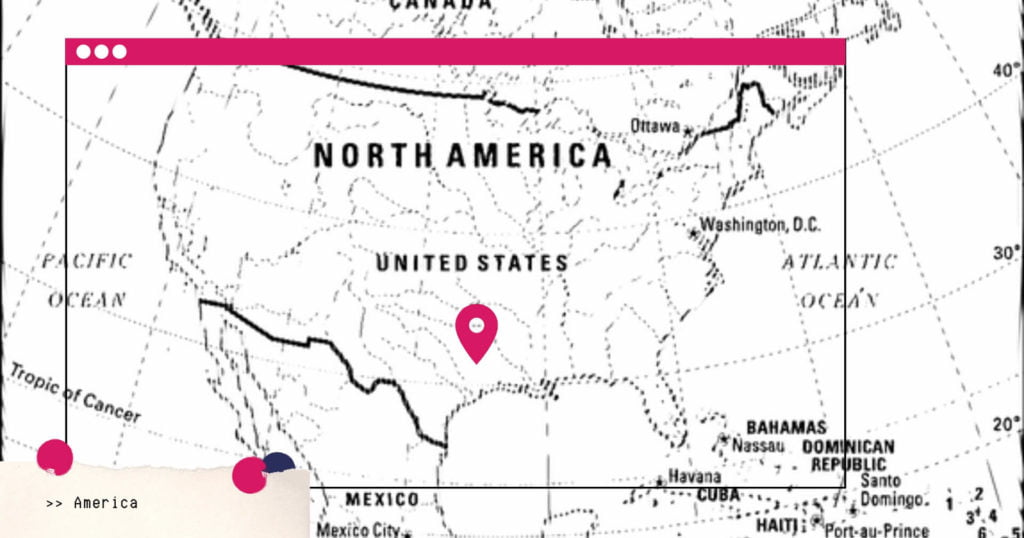
THE AMERICAS
01.07.21: North America has recorded its hottest June on record.
01.07.21: USA. Washington expressed concerns about China’s rapid build-up of its nuclear capabilities and called on Beijing to engage in dialogue to avoid a destabilising arms race.
01.07.21: Haiti. The extreme violence fuelled by criminal gangs that erupted in June is spilling into July, as the government vows to bring those responsible to justice. In June many civilians lost their lives including radio journalist Diego Charles and activist Antoinette Duclair, while over 13,000 have had to flee their homes in the capital Port-au-Prince, the epicentre of the violence.
02.07.21: USA. The Boy Scouts of America has reached an $850 million settlement in a case dating back many decades involving the abuse of over 60,000 boys. The record payment could spell the end of the institution.
02.07.21: USA. Bagram Airfield, the hub of US operations in Afghanistan for almost 20 years, was vacated and returned to Afghan authorities, marking the end of direct US engagement in the country. Apart from a few troops to protect strategic areas, the US hopes to complete its withdrawal by September.
04.07.21: USA. According to the Gun Violence Archive, over 180 people were killed in shootings across the country on Independence Day.
07.07.21: Haiti. President Jovenel Moïse was assassinated after gunmen stormed his private residence at around 01.00. Moïse died during the attack, while the First Lady is fighting for her life and has been airlifted for treatment to the US. The head of the Judiciary, who would normally be replacing him, died two weeks ago of COVID-19, so the interim Prime Minister Claude Joseph is currently in charge.
11.07.21: Cuba. Thousands of people joined anti-government protests in Havana and across the country as conditions worsen due to lingering US sanctions and the impact of the coronavirus. Many protesters were arrested.
11.07.21: USA. Richard Branson made his first trip into space from New Mexico in a specially constructed shuttle that he intends to put to commercial use.
14.07.21: Mexico. Thousands of tons of dead sardines and other marine animals have washed up on the shores of Baja California Sur in the northwest of the country in what is one of the worst ecological disasters to hit the country. Rising sea temperatures linked to climate change are thought to be responsible for the disaster.
20.07.21: USA. Close on the heels of Richard Branson, Amazon COE Jeff Bezos has made a successful 11-minute trip to the edge of space in a phallus shaped rocket.
21.07.21: USA. The west is experiencing another catastrophic spate of wildfires with about 80 different ones currently raging in different areas.
27.07.21: Saint Lucia. The Saint Lucia Labour Party (SLP) won a landslide victory in Monday’s general election. Outgoing Prime Minister Allen Chastanet Called Prime Minister-elect Philip J. Pierre to congratulate him on his victory.
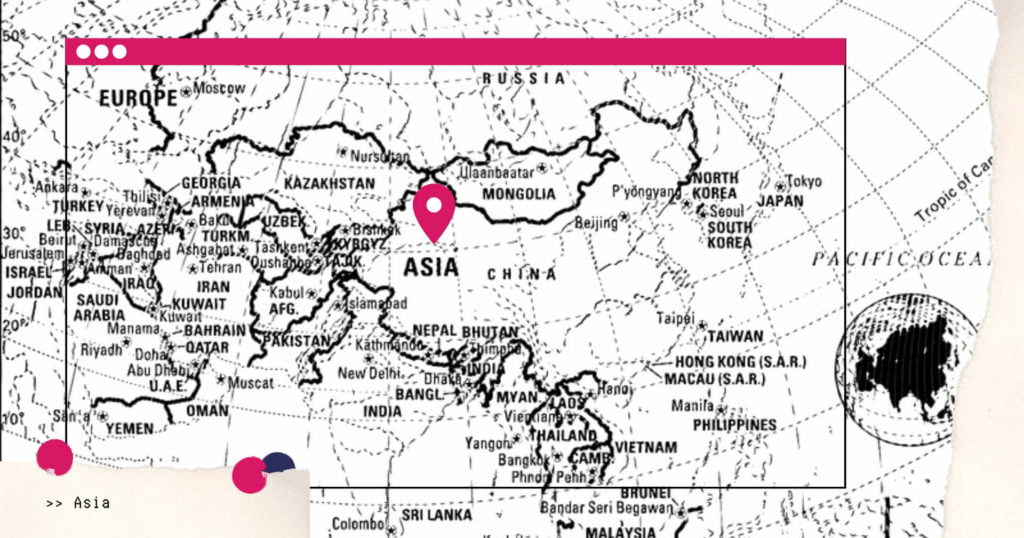
ASIA
01.07.21: China. In a speech marking the centenary of the communist party, premier Xi Jinping warned countries attempting to bully China that they would “get their heads bashed”.
02.07.21: Afghanistan. Bagram Airfield, the hub of US operations in Afghanistan for almost 20 years, was vacated and returned to Afghan authorities.
03.07.21: Japan. A mudslide caused by freak torrential rains swept away houses and anything in its path in the city of Atami. Two bodies have been recovered, but about 20 people are still missing.
04.07.21: The Philippines. A military plane crashed on the southern island of Jolo killing 50 of the 96 people on board.
08.07.21: Bangladesh. Over 50 people have died as a fire raged through a food processing factory on the outskirts of Dhaka.
12.07.21: China. The Siji Kaiyuan Hotel in Suzhou collapsed, killing 17 people and injuring a few others.
13.07.21: Iraq. Over 90 bodies have been recovered after a fire that raged through a COVID-19 ward in Nasiriya. Faulty wiring in the proximity of oxygen tanks may have been responsible for the blaze.
14.07.21: Occupied Palestinian Territory. A group of 45 students from Birzeit University near Ramallah who went to visit the family of a Palestinian prisoner whose home had been demolished were all arrested by the Israeli military.
15.07.21: Lebanon. After several months attempting to form a government while failing to agree with President Michel Aoun, Prime Minister Saad Hariri resigned plunging the country into more turmoil.
19,07,21: Israel. The Israeli government is up in arms following the decision taken by ice cream producer Ben & Jerry’s not to supply ice cream to illegal Israeli settlers in Palestinian occupied territories as this would be “inconsistent” with its values.
20.07.21: India. The main opposition Congress Party has accused Prime Minister Narendra Modi of “treason” for subjecting many of its citizens to the Israeli-made spyware, Pegasus. Apparently, the government also used it to spy on neighbouring Prime Minister, Imran Khan.
19.07.21: Iraq. ISIS claimed responsibility for a suicide blast in a busy market in Sadr City that killed 35 people and wounded dozens of others as preparations were underway for Eid celebrations.
19.07.21: Russia. The unprecedented wildfires that plagued Siberia in July 2019 are back causing havoc. Meanwhile, also in Siberia, a “tornado” of mosquitos were literally blocking out the sun as they swarmed across vast areas.
21.07.21: Israel. The government is under increasing pressure to explain how it allowed its homegrown spyware, Pegasus, to get into the hands of so many repressive regimes, particularly in the light of alleged links of the sales to former Prime Minister, Benjamin Netanyahu.
21.07.21: China. The death toll following torrential rains that have been flooding Henan Province and its city of Zhenzhou has now reached 25, with emergency services struggling to contain the devastation. Thousands of people have been evacuated due to fears that a dam is about to burst under the unprecedented pressure.
23.07.21: Japan. The 2020 Olympic Games, which had been delayed for a year because of the coronavirus pandemic, have opened in Tokyo, though not without concerns as a number of athletes have already tested positive for the virus.
24.07.21: India. The torrential rains that have been lashing western coast over the last few days are devastating lives and livelihoods. So far 130 fatalities have been confirmed, but the number is set to rise. Meanwhile the army has been called in to assist those in stricken areas where tens of thousands of people have had to be evacuated.
27.07.21: North Korea & South Korea: The communication hotline between the two countries has been restored after over a year’s interruption following a failed summit between the two governments.
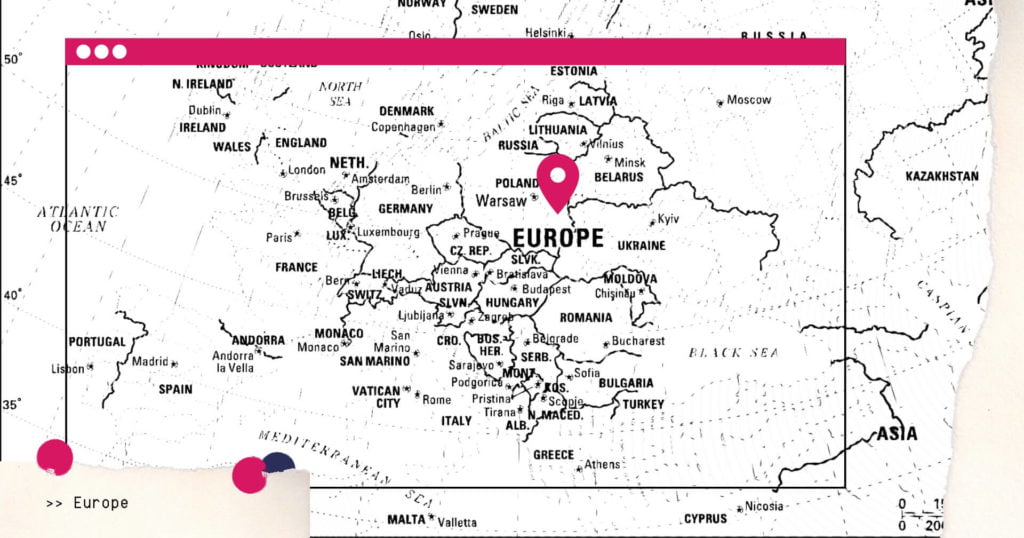
EUROPE
05.07.21: Georgia. Gay Pride had to be cancelled in the capital Tbilisi after right-wing thugs and orthodox monks attacked anyone vaguely suspected of LGBT connections. Many journalists were also targeted.
13.07.21: Bulgaria. Slavi Trifonov, the celebrity anti-establishment candidate, has won the most votes in the parliamentary elections held on Sunday, but will need to find suitable coalition partners if he is to form a government.
13.07.21: Moldova. Sunday’s snap election, which had been called by President Maia Sandu, paid off with her pro-European party winning 52.80% of the vote. Her PAS Party will now command 63 seats in the 101-seat parliament and this will facilitate the country’s bid to join the EU.
15.07.21: The Netherlands. Crime reporter Peter R de Vries has succumbed to his injuries nine days after having been shot five times in central Amsterdam. Two people have been arrested in connection with the shooting, including a 21-year-old Dutch man thought to be the killer.
15.07.21: Germany. Over a 100 people have died in freak floods that have devastating the west of the country over the past few days. Belgium and other parts of Europe have also been badly affected.22.07.21: Italy. Venice managed to avoid being put on UNESC’s list of endangered sites mostly thanks to Italy’s recent ban of large cruise ships from the lagoon.
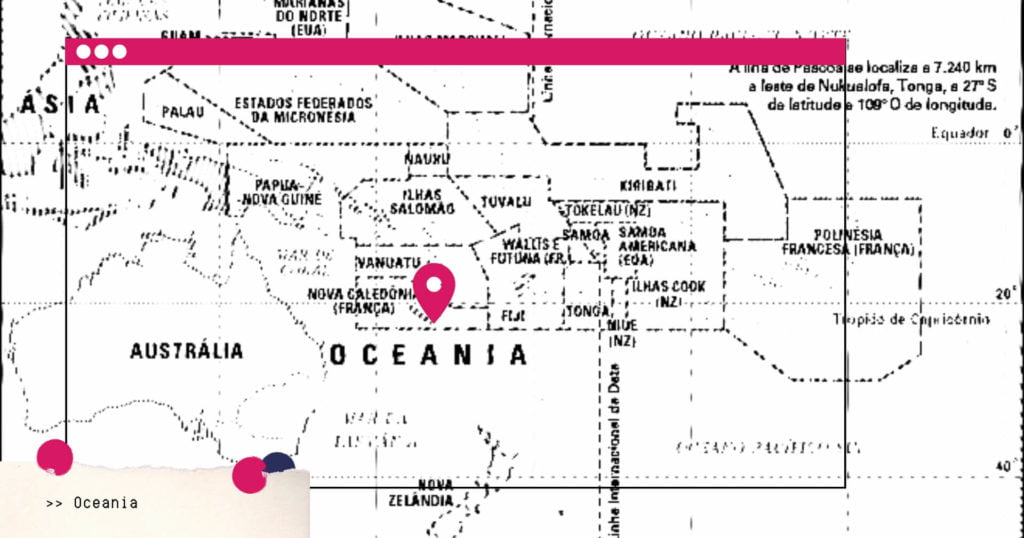
OCEANIA
23.07.21: Australia. UNESCO has refrained from listing the Great Barrier Reef as a site that is endangered, despite the threats it is facing from climate change. The decision will be reviewed in 2022.
EU
01.07.21: Today the EU Council presidency passes from Portugal to Slovenia. Prime Minister Janez Janša’s right wing government is at odds with many EU policies and this could prove detrimental to a smooth presidency over the next six months.
18.07.21: Devastating floods have left Germany, Belgium and the Netherlands among the hardest hit nations with a death toll that can rise to the hundreds.
WORLD
01.07.21: A tax agreement setting a global minimum tax of 15 percent for large companies was signed by 130 countries. Companies with an annual turnover of 750 million euros will be subject to the new law that will raise billions in tax revenues.
18.07.21: An investigation by the Washington Post and 16 media partners revealed that Pegasus, a military-grade spyware, was sold by the Israeli NSO Group to various governments and agents around the world who used it to target hundreds of politicians, journalists, human rights activists and business executives.

